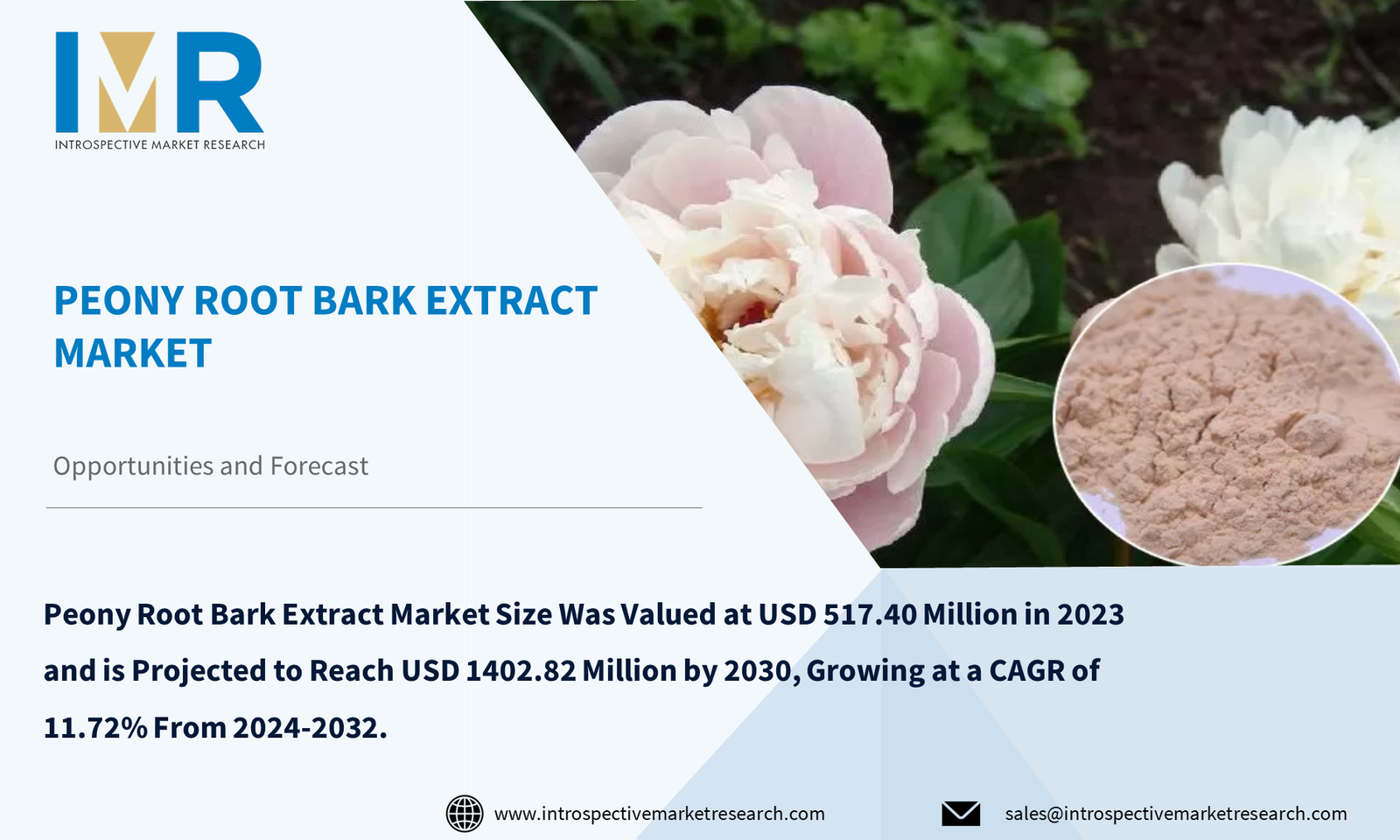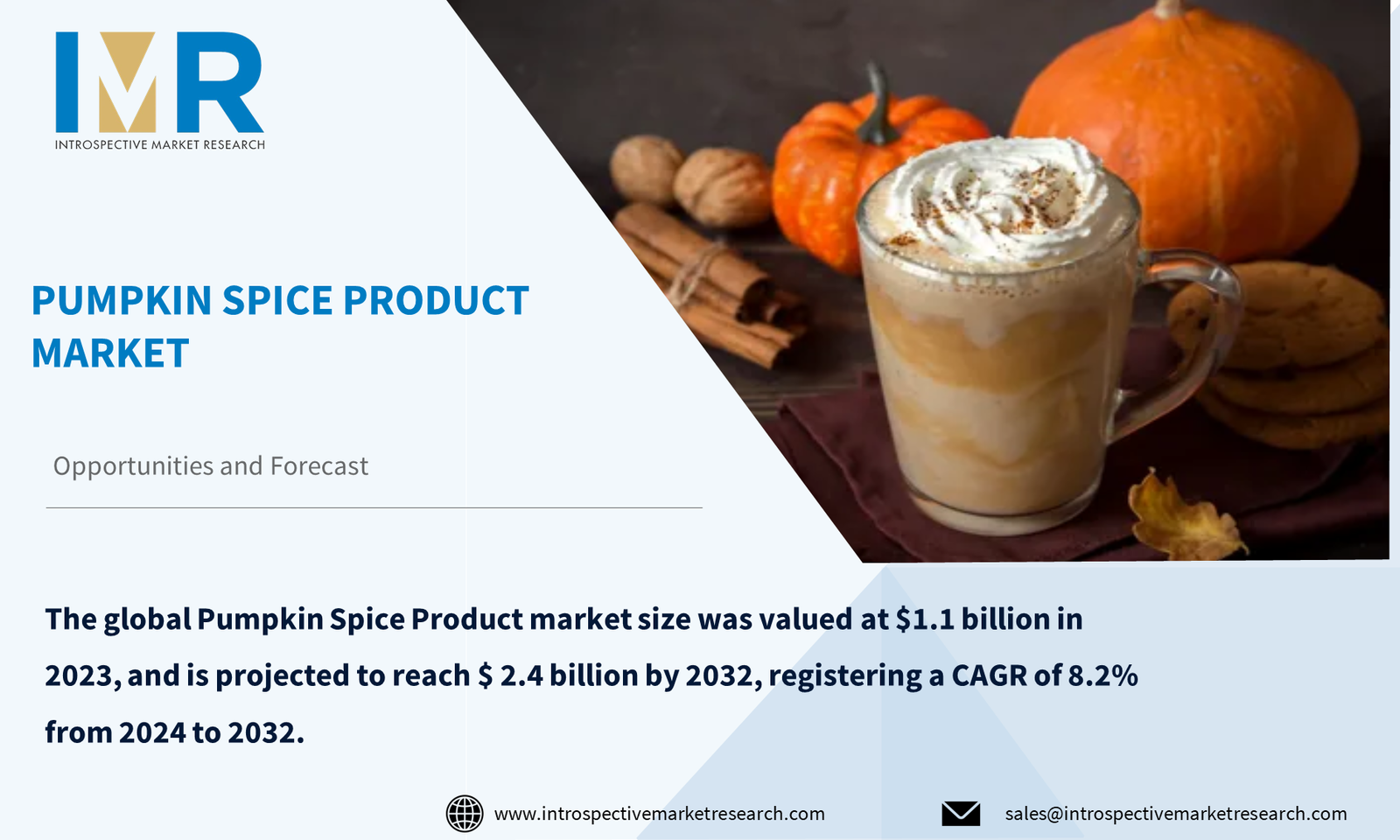For nearly as long as food has been consumed, it has been processed. Humans used to dry or smoke meat or other things to preserve them for longer periods in the past. During those times, sailors and soldiers ate a lot of salt-preserved foods. Food processing remained virtually unchanged until the 19th century when Nicholas Appert invented canning and Louis Pasteur invented pasteurization. Both of these breakthroughs altered the way food was processed into longer-lasting canned or bottled food products. In comparison to agriculture, the industry is considerably more focused on technology and mechanical processing of raw materials to create higher value-added food products.
Over the last ten years, the global food and beverage (F&B) sector has experienced significant expansion, which is likely to continue. Consumers are attempting to conserve as much money as possible as a result of the recent economic downturn. Consumers are doing so in a variety of ways, including purchasing more generic items and preparing their meals rather than eating out. Food processing companies are becoming more innovative as a result of this, to lower the cost of items sold, attract more customers, and enhance profit margins. Obesity has a significant impact on the food and beverage sector around the world.
The desire for healthy foods has increased and has needed more detailed nutritional labeling. Companies have responded by releasing lower-calorie items and strengthening control over how their brand is perceived as a result of these changes. Companies want to be seen as a healthy brands, therefore they promote activities like child sports that demonstrate this. This is being fueled by shifting consumer purchasing behaviors and the rise of 'experience retailing,' which reflects customers' desire to supplement their physical shopping experience with a social/leisure activity. This may be seen not only in more mature retail markets such as the United States and Europe but also in fast-growing emerging regions such as the Asia Pacific and the Middle East and Africa.
Profit margins in the food and beverage business have been shrinking recently. These margins should, however, increase in the coming years as commodity prices fall. Food is an essential element of life that will never go out of style. These are some of the reasons why this business has a bright future. Furthermore, as customers try to stretch their dollars further and competition grows, corporate and brand reputations are projected to become increasingly crucial. With the rise in competition, the only way for businesses to stand out is through brand recognition. Consumers are increasingly worried about a company's reputation, or brand image, in terms of product safety and quality. Increased industry innovation will result in newer, healthier products as well as cheaper production costs, which should boost profit margins.
Due to the strong competition, players must maintain constant attention on future trends and profit maximization. Many global and regional customers, including the Dominican Republic Beer Market, the APAC Coffee Beans Market, and others, have relied on us for their food and beverage sector needs. Our market research study covers all of the major components and upcoming trends that are driving the industry. Introspective Market Research aims to deliver every last piece of information regarding the industry you work in. We use qualitative analysis to estimate future developments in the food and beverage industry. We also provide data on the factors that influence market growth. We are confident that our research report will aid in the expansion of your business.








